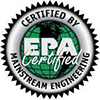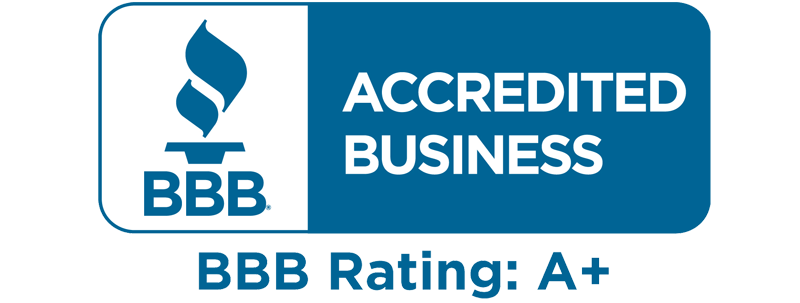A full commercial HVAC replacement project can be a major investment, so if you’re scheduling one this spring, be sure to choose the units that can benefit your property the most. To make an informed decision, you need to consider factors such as size, model number and cooling capacity. You’ll also see several ratings on each unit, including SEER, which will tell you about its energy efficiency.

Here Dittmer Air and Heat, your trusted commercial AC maintenance and restaurant refrigeration services contractor, explains what a SEER rating is and how it determines a commercial HVAC system’s energy efficiency.
How SEER Ratings Work
Also known as Seasonal Energy Efficiency Ratio, a SEER rating typically applies to most types of heating and air conditioning units. For an air conditioner, it measures the ratio of the cooling output over a typical cooling season and tells how much energy will be required to run the system. This is derived by dividing the cooling capacity of a continuously-operating unit by the amount of electrical power it consumes in watt-hours. This will give you an idea of how much it will cost you to operate said unit in a given month.
Higher SEER Ratings Mean Greater Efficiency
SEER ratings are a good indicator of how efficient an HVAC unit is at using energy. The current minimum rating stands at 14, which is the regional standard set forth by the U.S. Department of Energy in 2015. Older commercial HVAC systems will have lower SEER ratings, which means they can be costly to operate since they consume more energy each month. So, if you have a commercial unit that’s over a decade old, you might want to consider having it replaced with one that has a better SEER rating.
The Benefits of a Highly-Rated HVAC System
If you’re not sure how to find a good rating for your commercial property, you can always consult with a professional HVAC air conditioner repair and replacement contractor. Mid-range units will usually have a rating of 18, but if you want a good investment, go for units that are rated 20 or above.
Other benefits you’ll gain from an HVAC system with a high SEER rating include:
- Longer lifespan – SEER ratings not only indicate a unit’s energy efficiency, but also the amount of wear and tear to which they’re susceptible. Higher-rated units have components that are less likely to deteriorate because of the system’s ability to consume energy efficiently.
- Improved indoor comfort – Commercial HVAC systems with high SEER ratings can make a big difference in terms of indoor air quality and comfort in your commercial property. This is because they have two components that are essential to their efficiency. Consider units that have a variable-speed blower and a two-stage/variable-speed compressor to ensure maximum comfort.
Dittmer Air and Heat is the leading contractor for your commercial HVAC needs. We can also be relied upon for indoor air quality testing and maintenance agreements. To get started, give us a call at (321) 637-0170 or fill out our online form to request a consultation.










